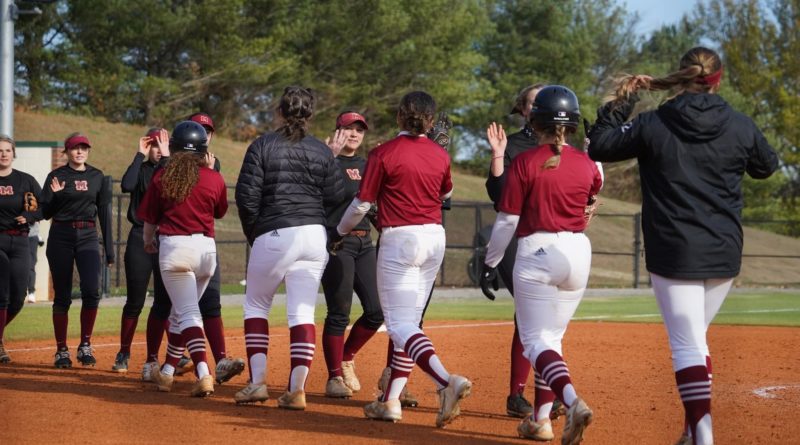Coaching style can determine athlete success
In collegiate athletics, each team has a coach with a different style they want to incorporate into their program. Coaches may have different views on how they run their team or how they communicate with their players.
It is important that coaches understand that not everyone needs to be coached the same way, and they may have to tweak their style within their program to fit their players. There may be athletes who are able to take criticism well, but there may be others who are not able to do so.
In the softball world, the game is all mental. If a coach comes up to a player, and their statement comes off the wrong way, it could truly mess with the mindset of that player.
If coaches are able to learn about their players and the way they react to certain comments, it can be a game changer.
Jenica Brown, senior, is a softball player here at Maryville College, and she believes that it is important that coaches learn to understand their players.
“My opinion on coaching style for individual players is that it is so important that coaches know how they can talk to each player. This will just allow them to get the best out of that player,” Brown said.
Coaches that have a good coaching style overall are good at bringing the best out of the team, but softball itself can be more of an independent sport than people may think.
“As much as softball is a team sport, it is very much so individual,” Brown said. “You are the one up to hit, having to focus on your job, or you can be on the field when the ball is hit to you where you always have to focus on doing your job.”
The game of softball involves a lot of pressure. Every player will be in a pressure situation at one time or another. Having a coach that does not understand that not everyone is good at performing in pressure situations can affect a player’s mental game, especially if coaches raise their voice or yell at their players.
Paige Dickinson, freshman, is also a softball player at MC, and she believes it is important that coaches know how to talk to their players.
“Coaches may need to know if a player needs to take time after making an error or having a bad at bat. Also, the coach needs to know if they can go up to that player when they are struggling, and be able to say get the next play or you can do this your next at bat. It is just important for them to know their players,” Dickinson said.
On the other hand, there does need to be a relationship within a team where coaches can be blunt and give criticism without affecting their players.
“There does need to be a baseline for everybody so that there is still fairness across the team,” Dickinson said. “Teams do need to be held to a certain standard, and there does need to be accountability.”
It is the coach’s job to be able to have tough conversations with their players, and it is also their job to enforce accountability within their team.
Overall, it is very important that coaches understand every single one of their players—how they react to certain situations or conversations, and how each one is different. It is essential to learn every aspect of a team because that is what creates greatness.

